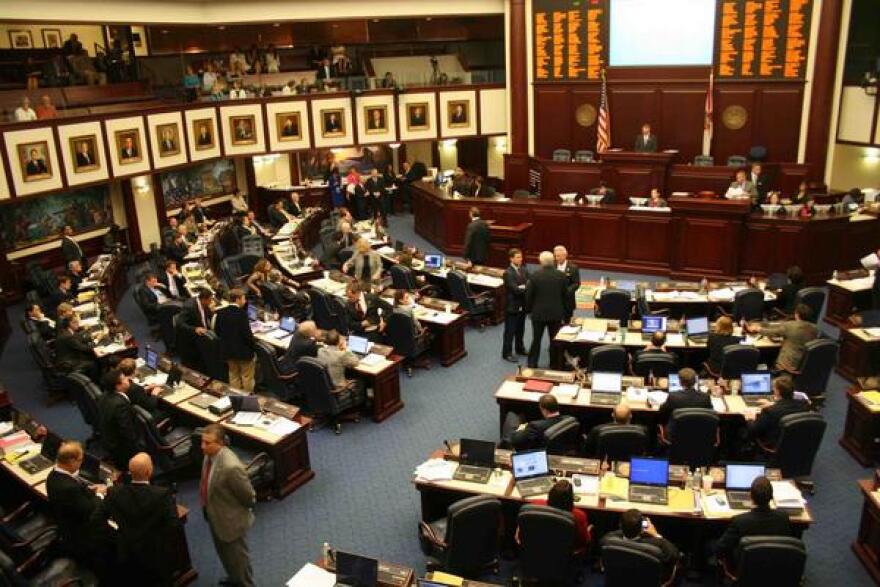TALLAHASSEE --- After the Florida House and Senate early this year asked for a rehearing in the case, a federal appeals court Tuesday again cleared the way for a lawsuit that alleges the Legislature has violated the Americans with Disabilities Act by not providing closed captioning on online videos of meetings.
A three-judge panel of the 11th U.S. Circuit Court of Appeal issued a 24-page opinion that upheld a district judge’s refusal to dismiss the lawsuit filed by the National Association of the Deaf and South Florida resident Eddie Sierra against the House, Senate and Florida State University, which operates the public-broadcasting station WFSU-TV.
The panel issued a similar ruling in January, spurring lawyers for the Legislature to ask for a rehearing by the full 11th U.S. Circuit Court of Appeals. While that rehearing did not occur, the panel Tuesday vacated its January ruling and issued a revised opinion that again upheld a decision by U.S. District Judge Ursula Ungaro.
The lawsuit, which was filed under what is known as Title II of the Americans with Disabilities Act, alleges that a lack of closed captioning prevented Sierra and other deaf people from being able to follow legislative proceedings. But the state argued that the lawsuit should be dismissed because of sovereign immunity, which generally shields states from being sued for damages in federal courts.
The panel of the Atlanta-based appeals court, however, backed the plaintiffs’ arguments that Congress “abrogated” the state’s sovereign immunity under Title II of the landmark disabilities law.
“When it enacted Title II, Congress was confronted with evidence that deaf people often cannot access government meetings either due to a lack of interpreters or other necessary accessibility features,” said Tuesday’s opinion, written by Judge Beverly Martin and joined fully by Senior Judge William Traxler and partially by Senior Judge Gerald Tjoflat. “Given this evidence, and the limited nature of the remedy as applied here, we agree with the district court.”
Tjoflat agreed with Martin and Traxler on the sovereign-immunity issue but dissented on part of the ruling that dealt with a federal law known as the Rehabilitation Act. Tjoflat said that issue should be sent back to the district judge for further explanation.
In a document filed in March, attorneys for the state tried to bolster their arguments about sovereign immunity by citing a U.S. Supreme Court ruling in an unrelated case. The attorneys wrote that ruling “confirms that Congress must identify a ‘pattern’ of state conduct that is ‘unconstitutional,’ not merely undesirable, before abrogating states’ immunity.”
In an earlier brief seeking rehearing, the state’s attorneys targeted part of the panel’s January opinion that said the right at stake in the case is “the fundamental right to participate in the democratic process.” The state’s attorneys argued that no “such right appears in the text of the Constitution.”
Tuesday’s revised opinion dropped part of the earlier ruling that dealt with the right to participate in the democratic process. But it concluded that Congress abrogated the state’s sovereign immunity “even if a fundamental right is not at stake.”
The House and Senate livestream meetings on their websites and have archives of videos. WFSU operates The Florida Channel, which provides televised and livestreamed coverage that has closed captioning. The Florida Channel also has videos of legislative proceedings on its website that are not closed-captioned, with those videos also appearing on the House and Senate websites, according to documents in the lawsuit.
Copyright 2020 WLRN 91.3 FM



